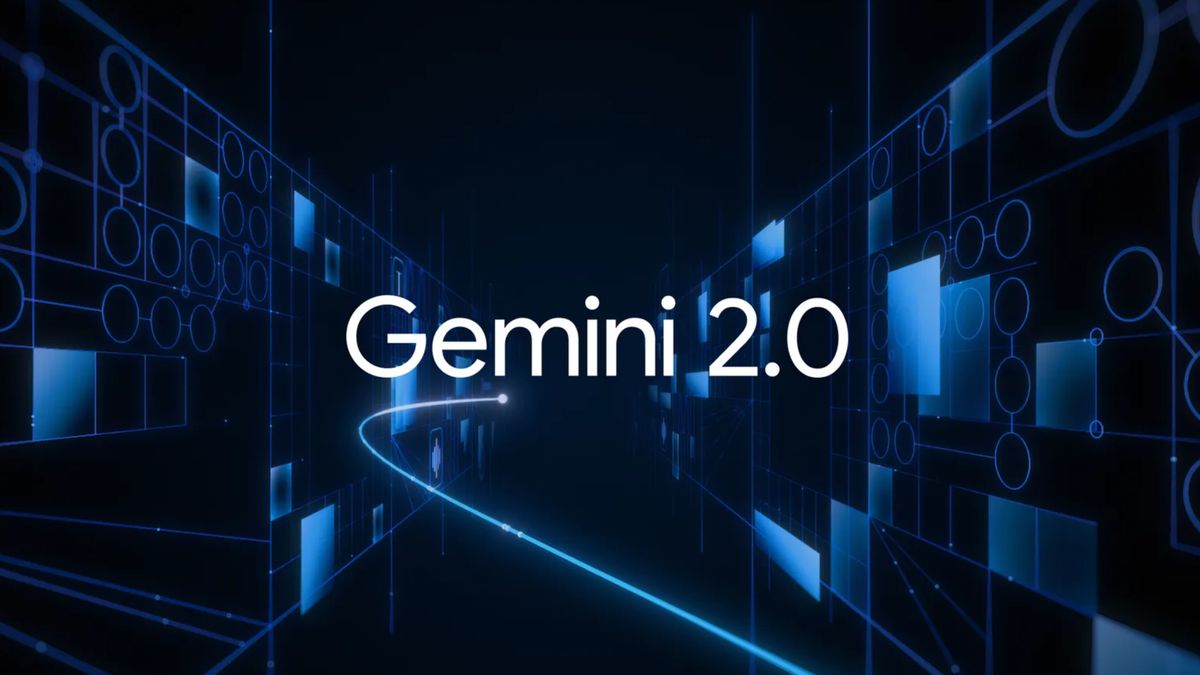There’s a broad selection of financial technology, or fintech companies to watch and buy. Problem is, many fintech stocks got clobbered in the first half of 2022 as Covid pandemic-driven growth slows.
X
In addition, market dynamics such as sector rotations and rising interest rates have pressured payment stocks. Fears over a U.S. recession are rising, raising questions over which payment stocks are best-positioned to withstand a business downturn.
What’s more, competition has intensified as well-funded startups such as Stripe challenge industry incumbents. And tech giants such as Apple (AAPL) and Amazon.com (AMZN) are encroaching on fintech companies as well.
Digital technology, cryptocurrencies and financial software are remaking e-commerce, payment networks, online lending, personal finance, banking and more. Innovation from fintech companies also comes in other forms, such as buy now, pay later consumer financing.
Fintech companies belong to a few IBD groups, including financial software and finance-investment management. The biggest IBD group of fintech stocks ranks No. 103 out of 197 industry groups tracked.
Meanwhile, crypto assets continue to be under pressure.
As it stands, credit card networks Visa (V) and Mastercard (MA) now have among the best Composite Strength Ratings of fintech stocks. The IBD Composite Rating is a blend of five other IBD stock ratings: the EPS Rating for earnings per share, Relative Strength Rating, Accumulation/Distribution Rating, SMR Rating for sales, profit margins and return on equity, and the industry group rating.
Fintech Stocks Report Earnings
Square-parent Block (SQ) hosted a much anticipated investor day on May 18. Management touted an ecosystem of ecosystems strategy.
AFRM stock, one of 2022’s worst technology performers, surged on Affirm Holdings’ (AFRM) fiscal third-quarter earnings report. Shares in Marqeta (MQ) jumped on its first-quarter earnings report. And, Sofi Technologies (SOFI) gained after the company pre-announced earnings.
Shares in Brazil-based digital bank Nu Holdings (NU) rose on a first-quarter revenue beat.
However, Global Payments (GPN) plunged on its first-quarter results.
Amid slowing e-commerce growth, PayPal Holdings (PYPL) lowered 2022 guidance in what some analysts viewed as a “clearing event.”
Meanwhile, competition is increasing on more fronts. The fintech industry in 2021 raised $121.6 billion from venture capitalists, representing a 153% year-over-year increase, said a PitchBook report. Well-funded Stripe is a rival to many industry incumbents.
Fintech Companies: Apple Threat Looms
And now Apple is emerging as a rival for some fintech stocks.
At the 2022 Worldwide Developers Conference in June, Apple officially announced its “Buy Now, Pay Later” offering, which will allow consumers to split the cost of an Apple Pay purchase into four equal installments without incurring interest or late fees. The service will be powered by the Mastercard (MA) network and is available everywhere Apple Pay is accepted in the U.S., both online or in-app.
Apple is working on its own payment processing technology and infrastructure for future financial products. The iPhone maker may bring in-house risk assessment for lending, fraud analysis, credit checks and customer service operations such as dispute resolution under a multi-year plan.
Apple stock on April 7 said it will work with Stripe and Adyen to offer in-store tap-to-pay on iPhone for U.S. customers. Apple in February disclosed plans for a new iPhone app. The new app turns iPhones into a point-of-sale terminal. The service allows merchants to accept contactless credit or debit cards.
Stripe will offer tap-to-pay on iPhones to its business customers, including Shopify‘s (SHOP) point-of-sale app.
Then there’s Amazon. The e-commerce giant is rolling out a “Buy with Prime” button on third-party websites. The service would likely be in direct competition with PayPal for smaller merchants, said a Oppenheimer report.
“Adoption likely could take years and many retailers that don’t use Amazon’s platform today may not want to give a competitor the opportunity to handle the payment mechanism,” said the Oppenheimer report. “Yet the fulfillment speed that comes with Prime, thus customer satisfaction, and the potential logistical improvement for the small retailer is a unique payments offering.”
Payment Stocks: PayPal Drops Off IBD Leaderboard
A shift in strategy for PYPL stock, revealed by management on its December-quarter earnings call, caught Wall Street analysts by surprise. PayPal stock dropped off the IBD Leaderboard. The Leaderboard is IBD’s curated list of leading stocks that stand out on technical and fundamental metrics.
Also among this year’s under-performing payment stocks are Global Payments, Fiserv (FISV) and Fidelity National Information Services (FIS). Global Payments, Fidelity National and Fiserv are among the biggest merchant acquirers.
They serve as middlemen between banks and retailers. They have contracts with retailers to handle the processing of credit cards and other transactions. Merchant acquirers face growing competition from the likes of Stripe, Adyen and Checkout.com.
Fintech Companies Go Public
Meanwhile, several fintech stocks in 2021 went public via traditional initial public offerings or through merging with a special purpose acquisition company, or SPAC. Also, venture capital funding has been strong for startups in payments, e-commerce, online lending and cloud software.
Also, the IPOs of some fintech companies have disappointed. Restaurant tech vendor Toast (TOST) launched its IPO on Sept. 20.
Earlier IPOs included cryptocurrency stocks Coinbase Global (COIN) and Marathon Digital (MARA) as well as Sofi Technologies.
Sofi focuses on student and auto loans. It’s evolving into a neobank, analysts say. Federal regulators approved Sofi’s application for a bank charter. Sofi in February agreed to acquire Technisys, a multi-product core banking platform for $1.1 billion in an all-stock transaction.
Meanwhile, Marqeta (MQ) creates branded debit cards and prepaid cards for corporate customers. “Marqeta remains poised to gain share of the secular shift to card-based payments from cash, win new high-growth customers, and benefit from the expansion of its largest customer, Block,” said a recent bullish UBS report.
Some high-profile fintech companies have yet to go public. Online bank Chime is one example. A recent funding round valued Chime at $25 billion. It delivers banking services through mobile phones. It’s one of several new neobanks.
Stripe Competes With Broad Range Of Fintech Companies
Unfortunately, well-funded fintech Stripe has again said it’s in no rush to go public.
Stripe in March 2021 raised $600 million in a new funding round that gave it a $95 billion valuation. That’s up from $36 billion in April 2020.
“As an eCommerce-focused payment facilitator and merchant acquirer, Stripe competes with companies including Adyen, PayPal, Square, Fidelity National, Fiserv, Global Payments and Chase,” MoffettNathanson analyst Lisa Ellis said in a note to clients.
“Stripe is best known for its relationships with e-commerce darlings Shopify and Amazon, as well as its developer-centric model that has made it a favorite payment processor among Silicon Valley startups.”
Stripe has not made any public disclosures on revenue, payment volume or earnings before interest, taxes, depreciation and amortization. Its investors include Shopify.
“Stripe’s initial roots were as a payments partner for startups and technology-forward SMBs, but today its enterprise segment is its largest and fastest growing,” Credit Suisse analyst Timothy Chiodo said in a note. “Our recent industry discussions suggests that Stripe is increasingly being asked to participate in RFPs for large enterprises and merchants.”
Fintech Stocks: Use The Right Investing Tools
If you think the time is right to move into fintech stocks, learn more about using technical charts in assessing payment stocks to buy.
The big picture is that industry incumbents face a challenge as big technology companies expand their role in payments.
A wave of fintech startups also aims to push aside the traditional banks and credit card companies. As consumer spending shifts to online and mobile platforms, there’s less of a role for cash and checks.
A battle is raging among fintech companies like PayPal and Square to draw in merchants to payment ecosystems, along with billions of dollars in transaction fees. For some fintech companies, there’s pressure to build out two-sided platforms serving both merchants and consumers.
Look for fintech companies with intellectual property that creates barriers for rivals. Also, target fintech stocks that are growing their total addressable market by expanding products and services.
Other financial metrics to watch include total payment volume and gross merchandise volume.
Payment Stocks: Mergers And Acquisitions
Before the coronavirus outbreak, a consolidation wave boosted some payment stocks and private companies.
PayPal in 2019 bought a stake in Argentina-based MercadoLibre (MELI). Analysts expect more tie-ups between fintech and e-commerce companies, such as Shopify.
Meanwhile, PayPal in November, 2019, acquired consumer shopping app Honey Science for $4 billion.
However, federal regulators recently blocked Visa’s acquisition of startup Plaid for $5.3 billion.
Fiserv in July 2019 completed the purchase of First Data (FDC) for $22 billion in stock. Fiserv sells information and commerce-related services to banks, credit unions and investment managers.
Also, Global Payments and Total System Services in May 2019 agreed to merge in a $21.5 billion all-stock deal. The merger created a stronger competitor in the merchant acquirer market.
In addition, Fidelity National in March 2019 agreed to buy Worldpay (WP) for $35 billion in cash and stock.
Blockchain May Figure In Fintech Future
The business-to-business payment industry is shifting from paper checks to automated software tools and digital platforms. Incumbents in the B2B payments market include Worldpay, First Data and Total System Services.
In banking, artificial intelligence is playing a role in detecting fraud. Cloud computing software is replacing paper-based systems in the business-to-business payment
In addition, Blockchain technology could have a long-term impact on fintech stocks.
The technology could play a role in securities clearing and settlement, digital identity and payments as soon as 2025, say the most bullish observers. Blockchain is the software technology behind Bitcoin and other cryptocurrencies. It’s a shared public ledger, which tracks transactions and ensures that the record of those transactions remains transparent and tamper-proof.
Further, smart contracts are programmed into blockchains to automate tasks. One example would be processing insurance claims. Goldman Sachs (GS), JPMorgan Chase (JPM) and Bank of America (BAC) have been investing in blockchain technology.
Meanwhile, if you’re new to IBD, consider taking a look at its stock trading system and CAN SLIM basics. Recognizing chart patterns is one key to the investment guidelines.
IBD offers a broad range of growth stock lists, such as Leaderboard. Investors also can create watch lists, find companies nearing a buy point, or develop custom screens at IBD MarketSmith.
Follow Reinhardt Krause on Twitter @reinhardtk_tech for updates on 5G wireless, artificial intelligence, cybersecurity and cloud computing.
How This IBD Tool Simplifies The Search For Top Stocks
Find Compelling Growth Stocks With IBD’s Stock Of The Day
Get A Free Trial Of IBD Leaderboard
Best Growth Stocks To Buy And Watch: See Updates To IBD Stock Lists




















Discussion about this post